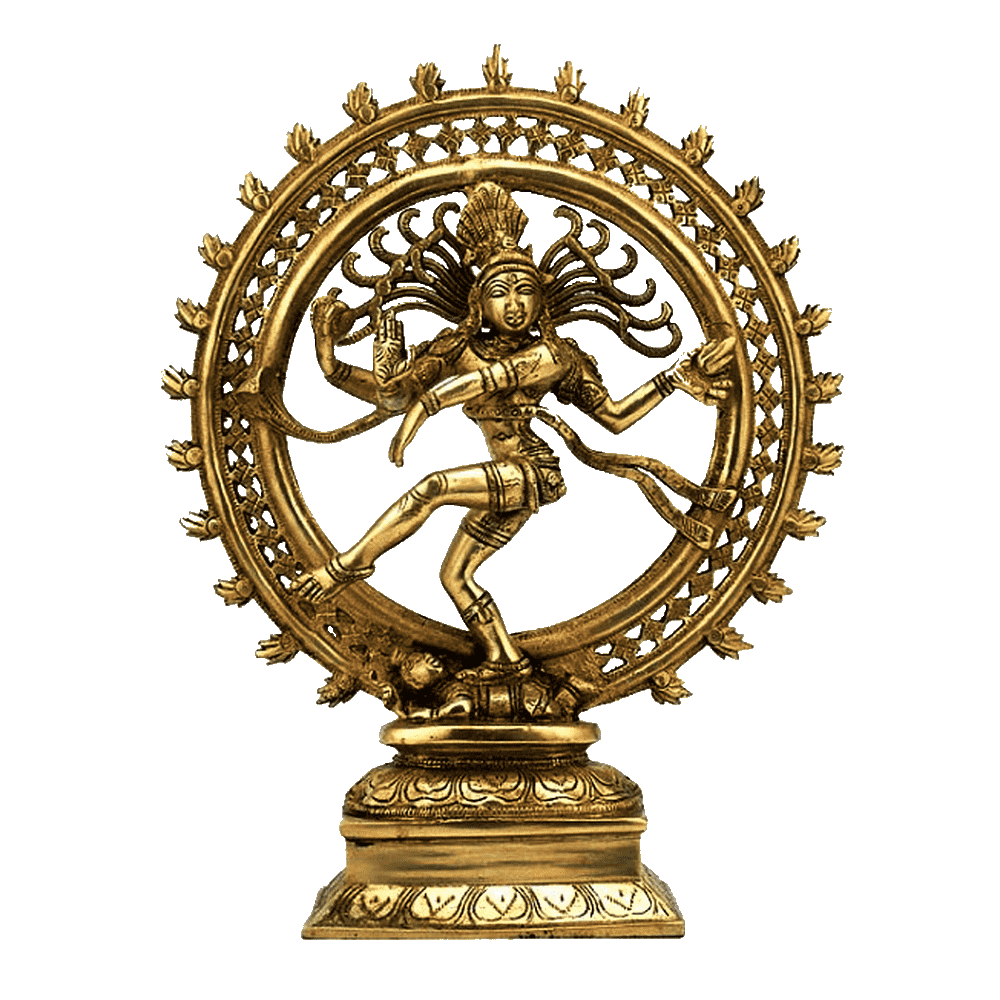
Hadi Tantras
Exploring the Sacred Path of Tripura Bhairavi and the Hadi Vidya Tradition
Abstract:
Hadi Tantras form a profound branch of the Tantric tradition within Hinduism, dedicated to the worship of Tripura Bhairavi and the esoteric teachings of the Hadi Vidya tradition. This article delves into the origins and context of Hadi Tantras, highlighting key themes and teachings found in these texts. It explores the enduring significance of Hadi Tantras in contemporary spiritual practices, offering seekers a transformative pathway to spiritual awakening and realization through the grace of Tripura Bhairavi.
Introduction:
Hadi Tantras hold a revered place in the vast landscape of Tantric traditions, centered around the worship of the fierce and powerful goddess, Tripura Bhairavi. The term “Hadi” refers to the first two letters of the Sanskrit alphabet, symbolizing the duality of existence and the path to transcendence. The Hadi Vidya tradition, closely associated with Hadi Tantras, reveals esoteric wisdom and practices that lead seekers towards profound spiritual insights. In this article, we explore the essence of Hadi Tantras, their origins, and their enduring significance in guiding seekers towards spiritual awakening and liberation.
Origins and Context:
Hadi Tantras find their origins in ancient Tantric practices that revered the divine feminine as the embodiment of creative energy and transformation. Tripura Bhairavi, the principal deity of Hadi Tantras, is worshipped as the fierce form of the goddess, symbolizing the power to destroy ignorance and lead seekers to spiritual illumination.
The Hadi Vidya tradition, closely intertwined with Hadi Tantras, encompasses a sacred lineage of spiritual teachings transmitted from adept Gurus to dedicated disciples. The tradition emphasizes the importance of direct experience and realization as the means to attain spiritual wisdom.
Key Themes and Teachings:
Hadi Tantras encompass several key themes and teachings that form the core of this sacred path:
Worship of Tripura Bhairavi:
Hadi Tantras emphasize the worship of Tripura Bhairavi, the fierce aspect of the divine mother, to invoke her transformative powers for spiritual growth and self-realization.
Hadi Vidya Practices:
The Hadi Vidya tradition involves various spiritual practices, including the chanting of mantras, visualization, and ritualistic worship, to access higher states of consciousness and awaken dormant spiritual potentials.
Awakening of Kundalini:
Hadi Tantras expound on the awakening of Kundalini, the dormant spiritual energy coiled at the base of the spine. The practices within the Hadi Vidya tradition aim to raise and channel this energy to achieve spiritual illumination.
Enduring Significance:
The enduring significance of Hadi Tantras lies in their profound teachings on the worship of Tripura Bhairavi and the transformative power of the Hadi Vidya tradition. Seekers are guided on a path of self-discovery, inner transformation, and realization through the fierce grace of Tripura Bhairavi.
The Hadi Vidya tradition continues to inspire spiritual seekers to embark on a journey of spiritual exploration, leading to profound insights and the awakening of higher consciousness.
Conclusion:
Hadi Tantras offer a transformative and profound path of worshiping Tripura Bhairavi and engaging in the esoteric Hadi Vidya tradition. These sacred texts and practices provide seekers with a transformative journey towards spiritual awakening and self-realization. The enduring significance of Hadi Tantras lies in their ability to guide seekers towards the fierce grace of Tripura Bhairavi and the transformative wisdom of the Hadi Vidya tradition. In a world seeking spiritual growth and transcendence, the teachings of Hadi Tantras serve as a profound and transformative pathway towards the ultimate realization of Tripura Bhairavi’s transformative power and divine grace.
Editor – Kaalchakra Team
[ Note – Before Concluding anything as a Finale, Please Go through Original Scriptures of Vaidik Literature Written in Sanskrit and Also with Meaning of That time of Language. Because English is a Limited language to Explaining the Deeper Knowledge of Vaidik Kaal. ]
